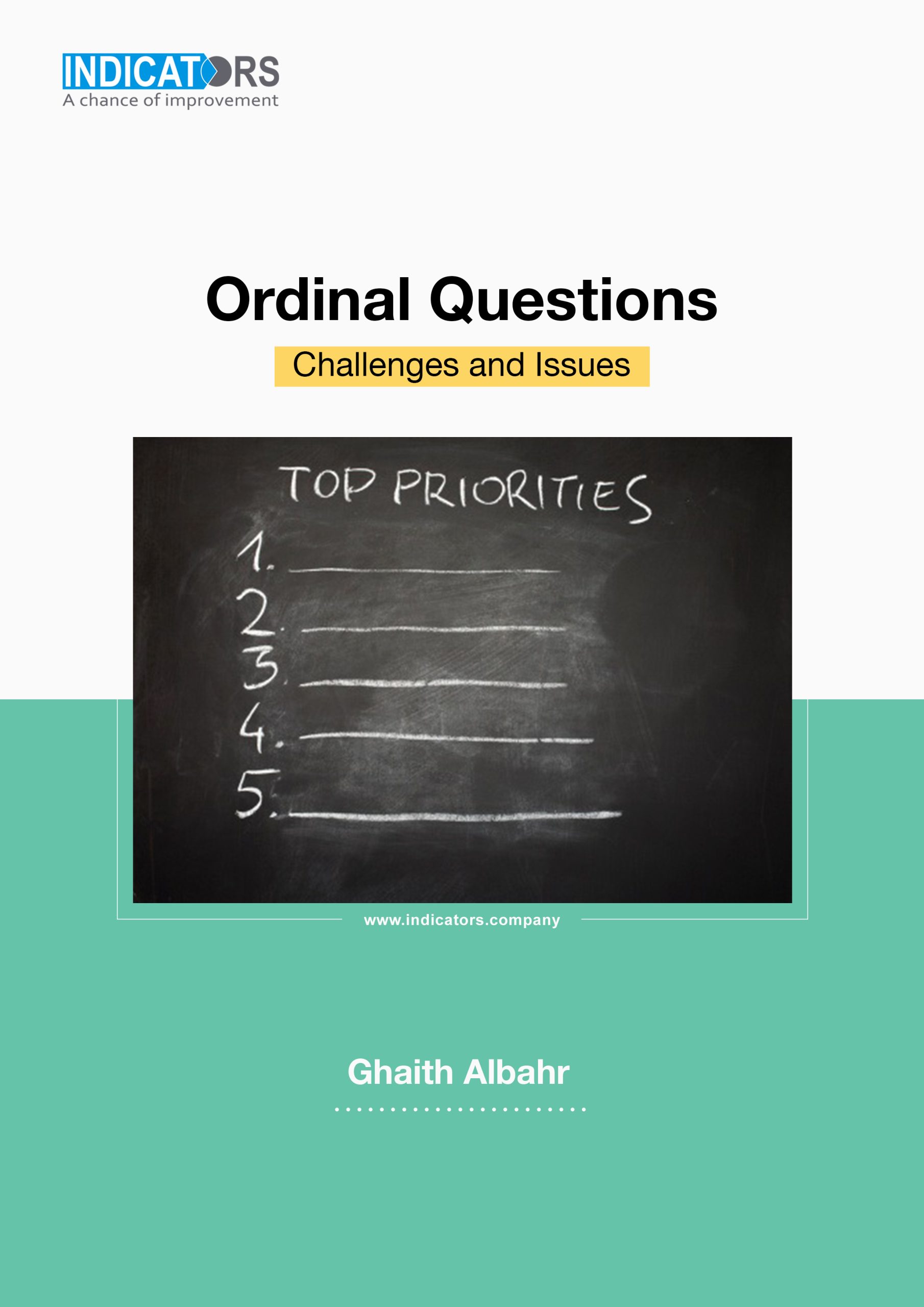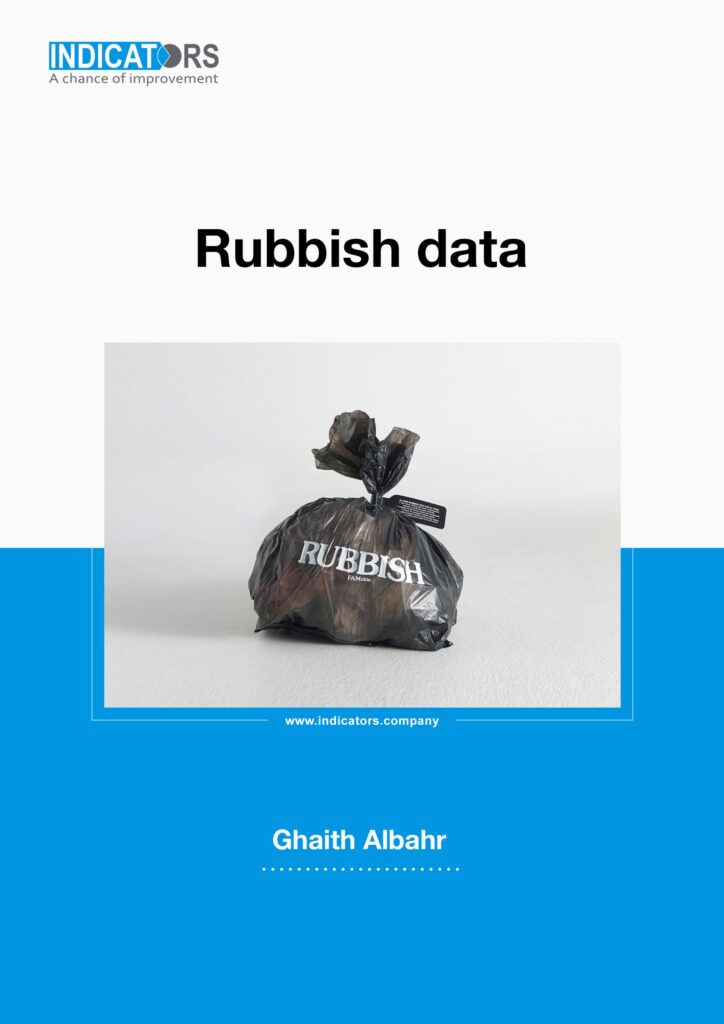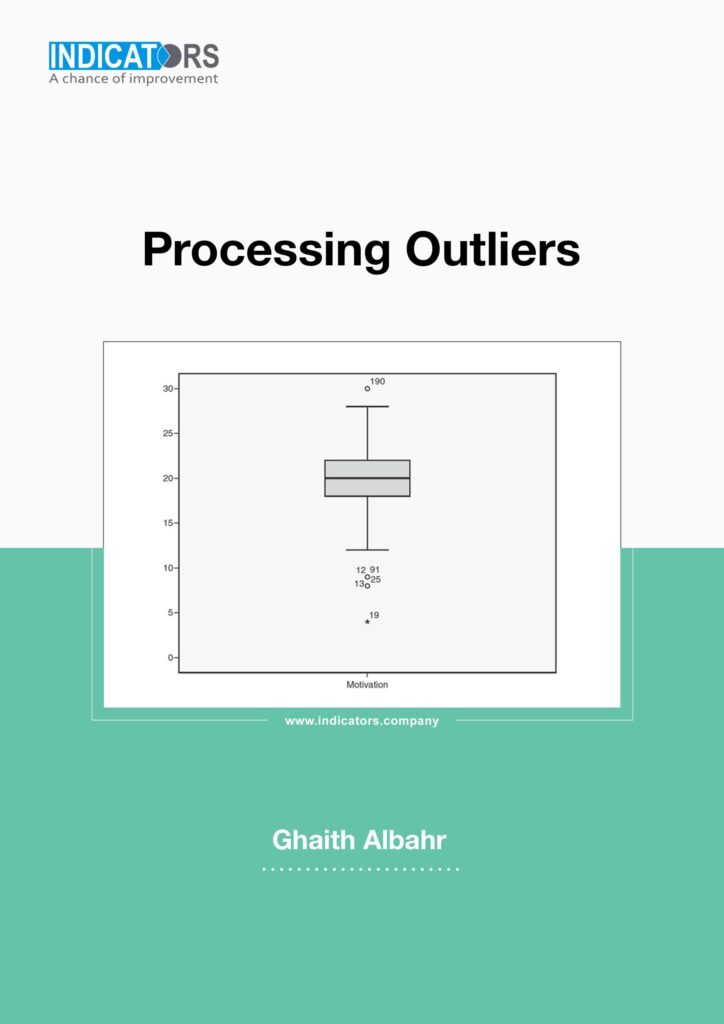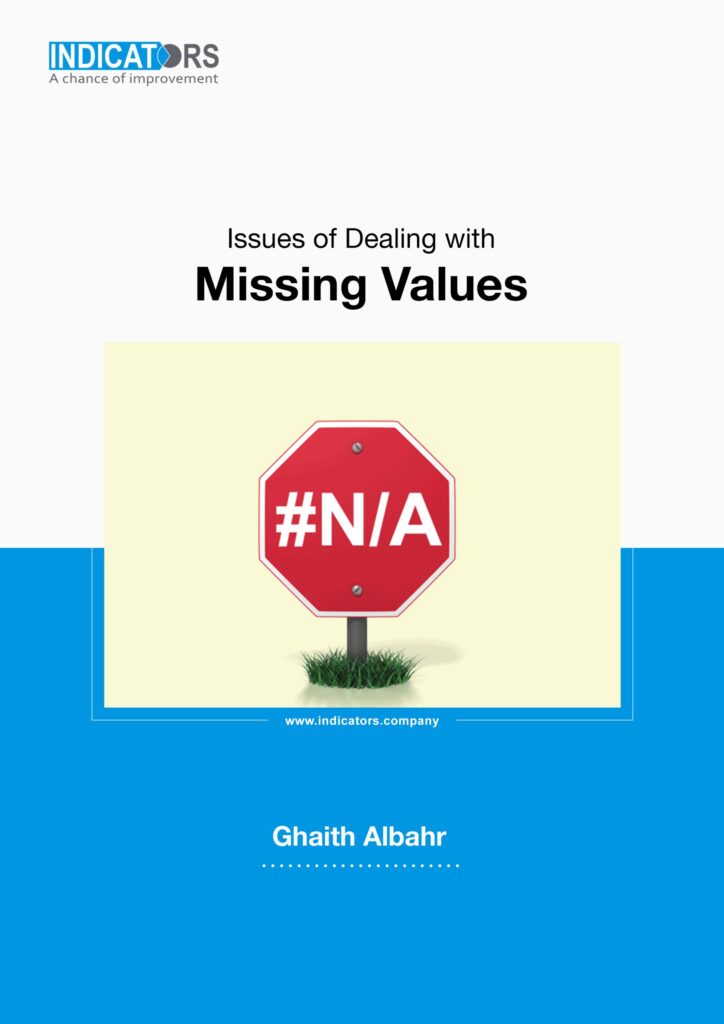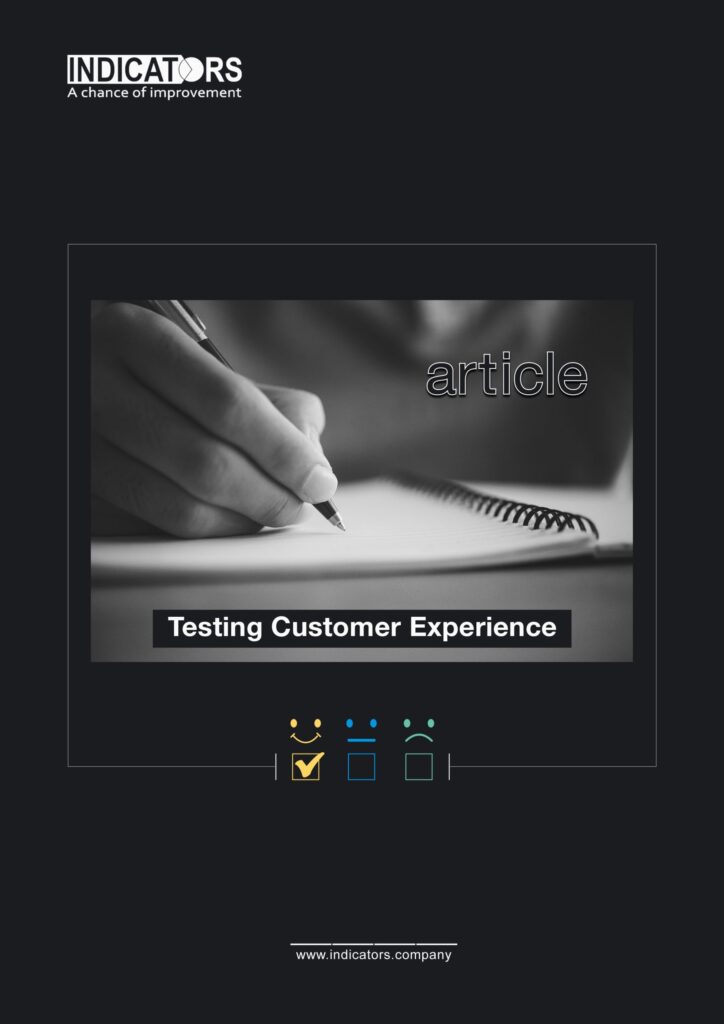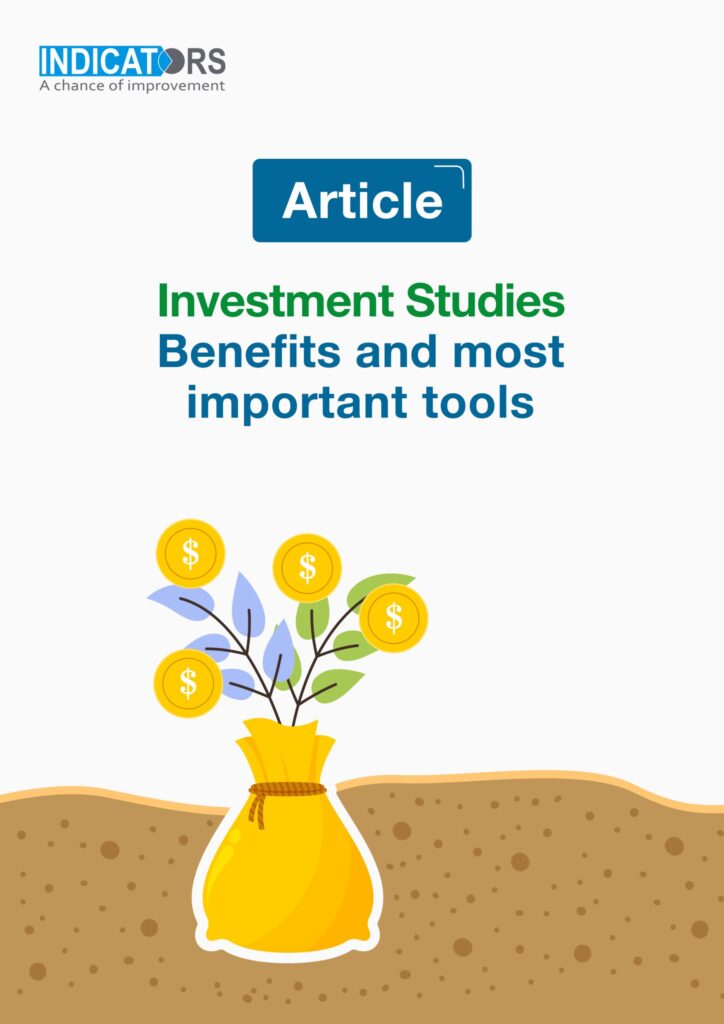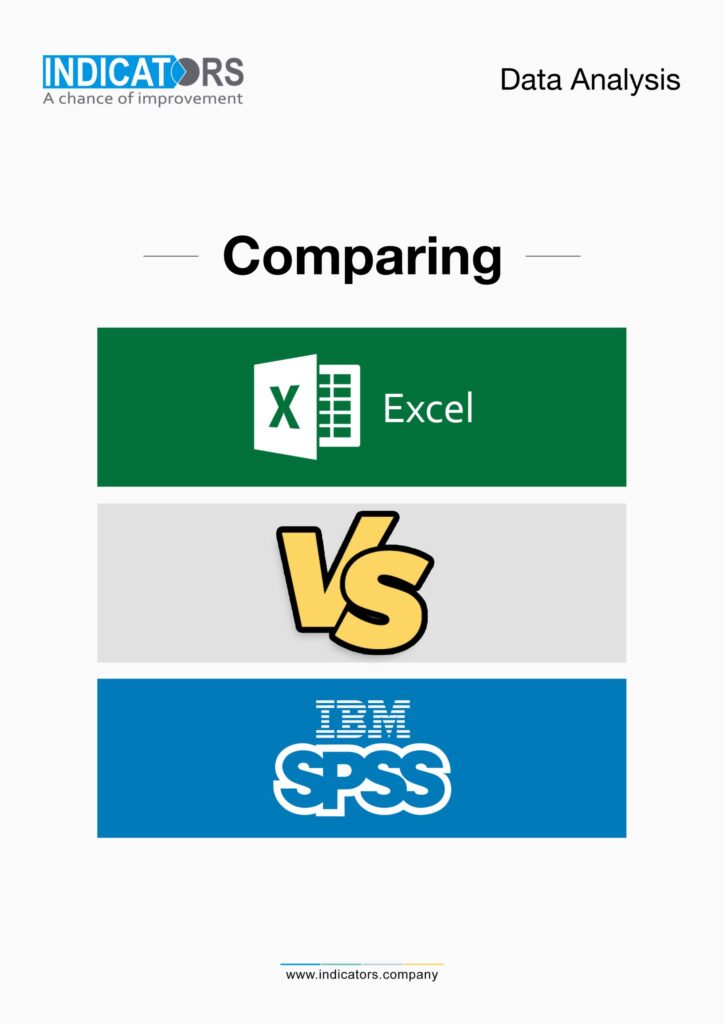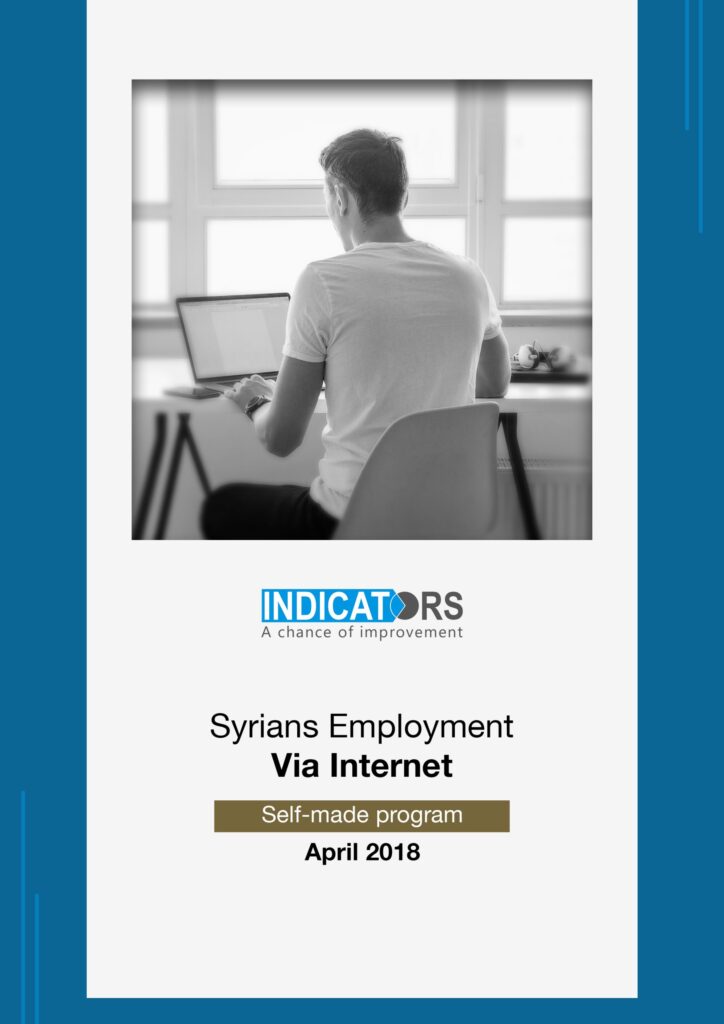Ordinal Questions, Challenges and Issues
The ordinal questions, where the participant is asked to answer several options in order of priority contain many issues.
I will talk through my observation of many cases about these questions focusing on the negatives points:
1. The process of arranging options according to the most important and less important is a cumbersome and time-consuming process, so it is noted that most participants do not answer them seriously, and therefore the order obtained is inaccurate.
2. In the questions in which we choose the most three important answers in an orderly way, the order tends to follow the order of the same answers in the design of the questionnaire, meaning that the participants tend to choose the answers that are mentioned to them at the beginning as the most important.
3. A big problem with the analysis of the ordinal questions is due to the weakness of most statistical programs, and the lack of ready-made analytical methods for these questions, so the data analyst is forced to do manual calculations, which causes issues in the analysis.
4. A problem in the outputs of the analysis: -Calculating the order as weights will give a result that may exceed the real value, meaning that the numerical result that we will get does not express a real value, but rather expresses the weight and importance of this option compared to the other options and not the percentage of those who chose it.
-Many data analysts have difficulty dealing with these questions, so they tend to use inappropriate methods such as displaying the analysis of the first priority only, displaying the analysis of each priority separately, or analyzing the question as a usual multi-select question.
-An error in calculating weights, the weighting system in statistics is not arbitrary, that is, in cases, it is considered in the form of degrees 1, 2, 3, or in the form of probabilities or percentages of the original answers…etc.
-An error in defining the weights of the answers, as the first priority should take the number 3 and the third should take the number 1, knowing that the logical order is the opposite, but as a final value it must give a higher number to the first priority, and this is usually the mistake that some data analysts made.
5. Issues with the report writers where some of them are confused about how to present and discuss the results in the report correctly.
6. Problems in the disaggregation of ordinal questions with other questions, as the question exists in several columns in the database, in addition to the need to take into account the weights, and to the disaggregation with one or more questions, which leads to many data analysts to make mistakes in analyzing these questions

